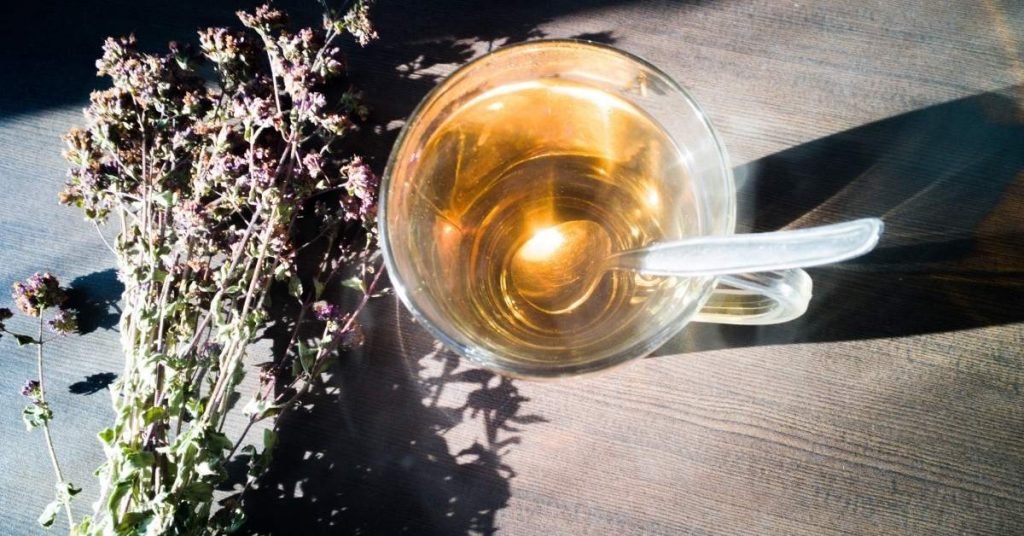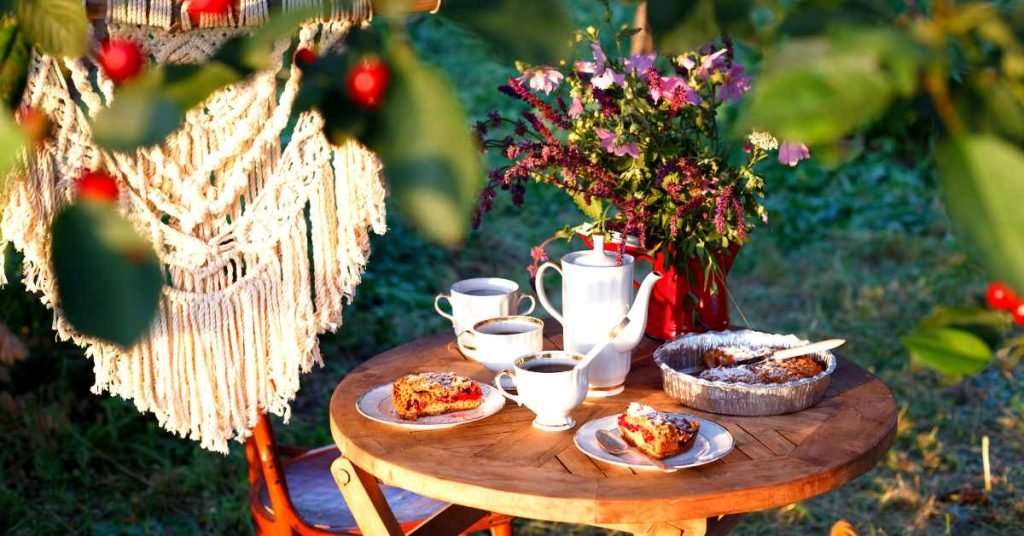Bulgaria consumes 0.2 lb of tea per capita per year.
The most popular tea in the country is Mountain tea also known as Mursala or Pirin tea.
Referred to as the ‘Bulgarian Viagra’ this tea is commonly consumed by the male population.
History of Tea in Bulgaria
According to Bulgarian records, Mountain tea was the privileged beverage for the Communist party back in the day.
It was also used as a part of the preparation process for astronauts in 1973.
The most probable origins of this are from Greece as they were the first to cultivate and export it.
Tea Culture in Bulgaria
Today, Bulgaria has an impressive tea culture evolving around local herbs as well as imported Asian teas such as Green, Black, White, Rooibos, Oolong, and Pu-erh.
The country produces over 17,000 tones of raw herbs used for teas and exported to France and the US.
Nettle tea, lemon balm, lavender, wormwood, and dandelion root are some of the most thriving wild tea herbs in Bulgaria.
Tea is equally consumed at home and in tea houses, especially in Sofia, the nation’s capital.
Being the third tea producer in Europe, Bulgaria is famous for using herbs in cosmetics, food, and drinks.
Bulgarians like their tea sweetened with honey, and they often add lemon to it.
All herbal teas produced in Bulgaria are organic and with an otherworldly natural aroma.
Tea in the morning is a common thing especially in the mountain areas, while afternoon tea is fancied in the cities.
MEDICAL DISCLAIMER
Itsnevernotteatime.com cannot and does not contain medical/health advice. The medical/health information is provided for general and educational purposes only and is not a substitute for professional advice.




